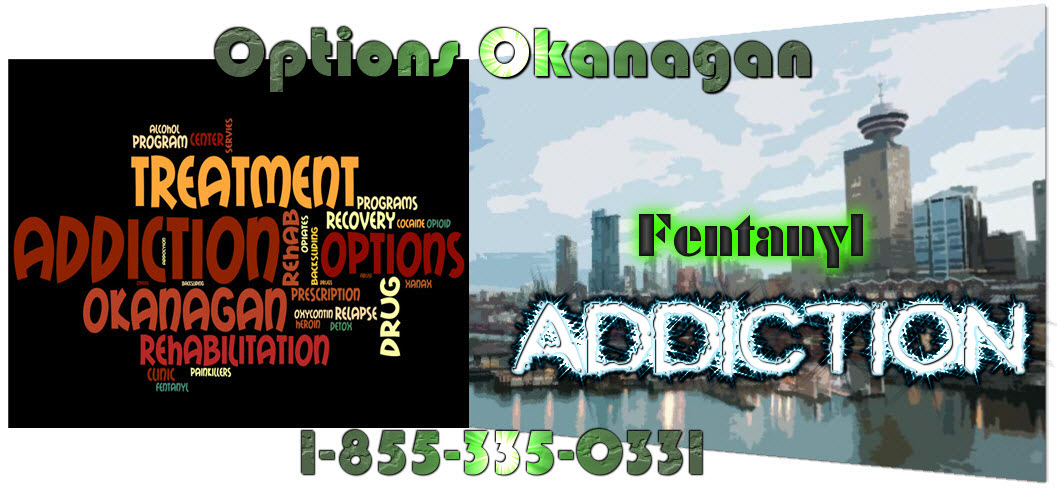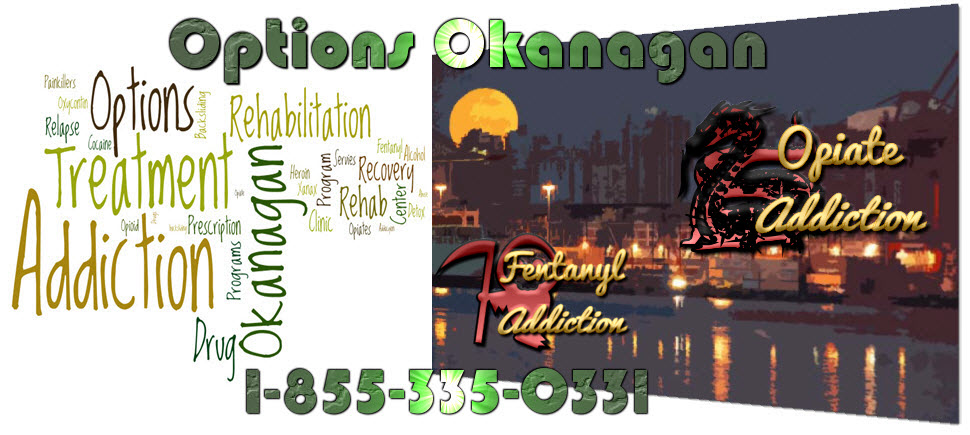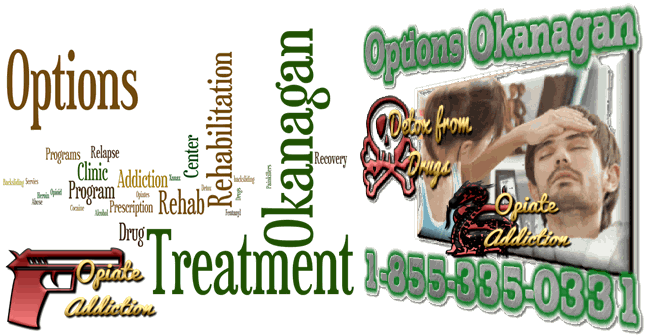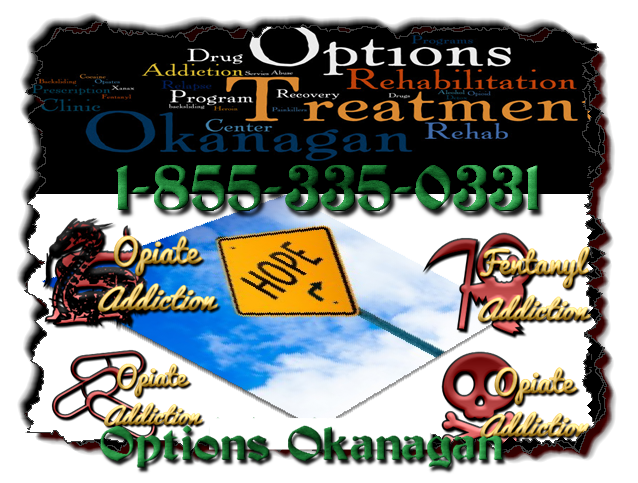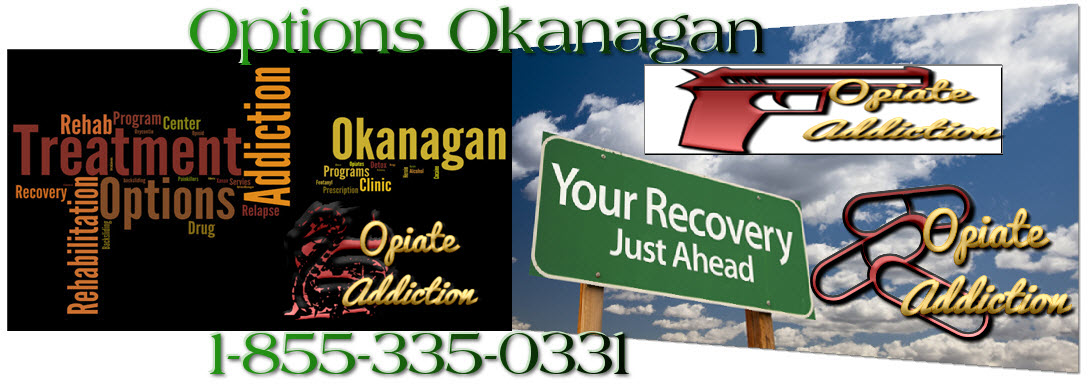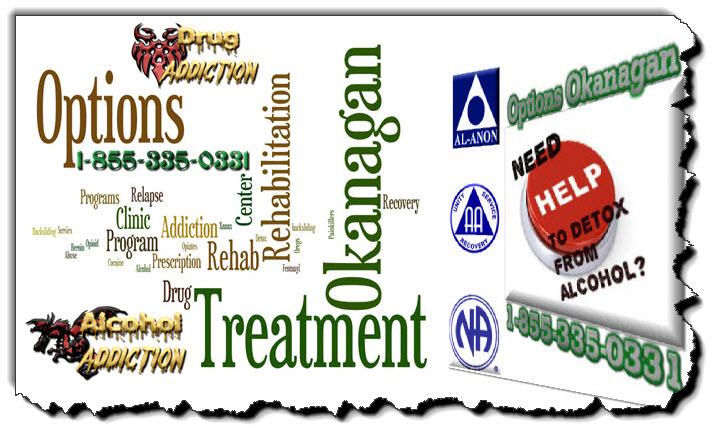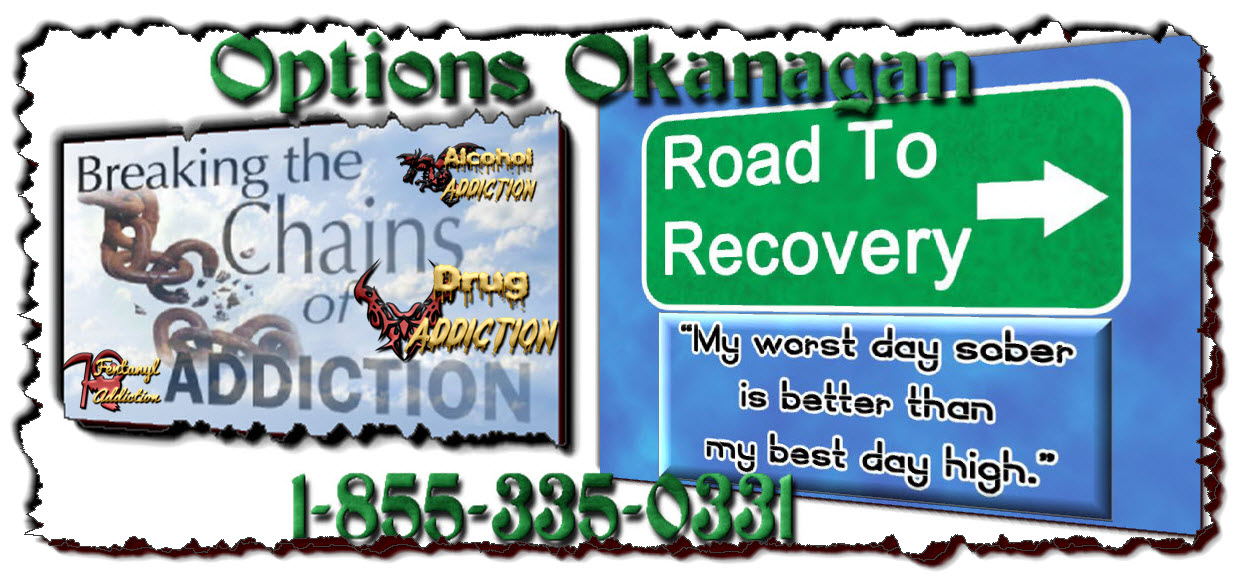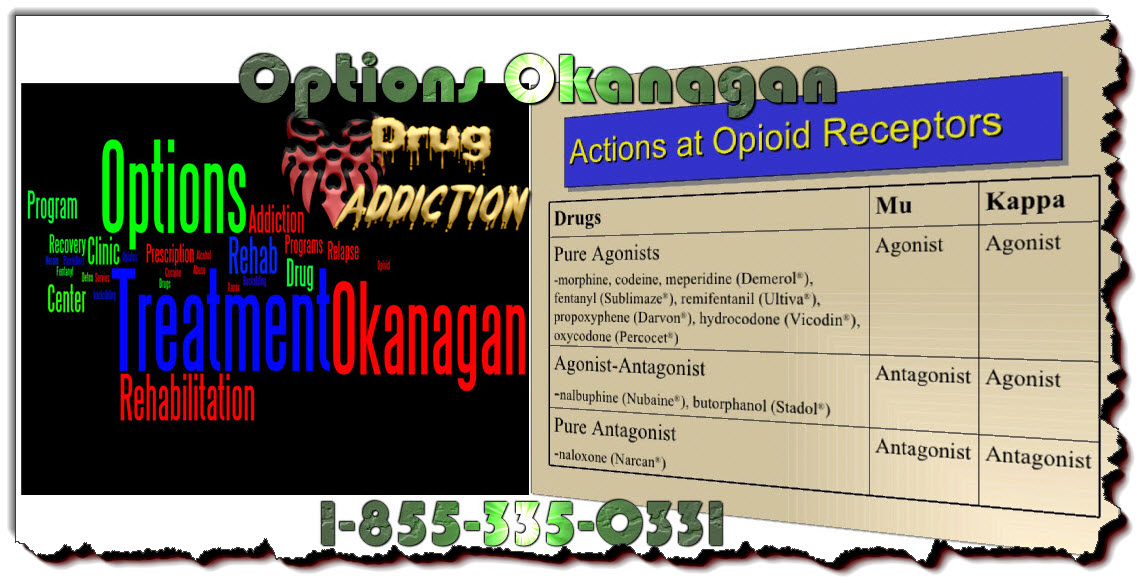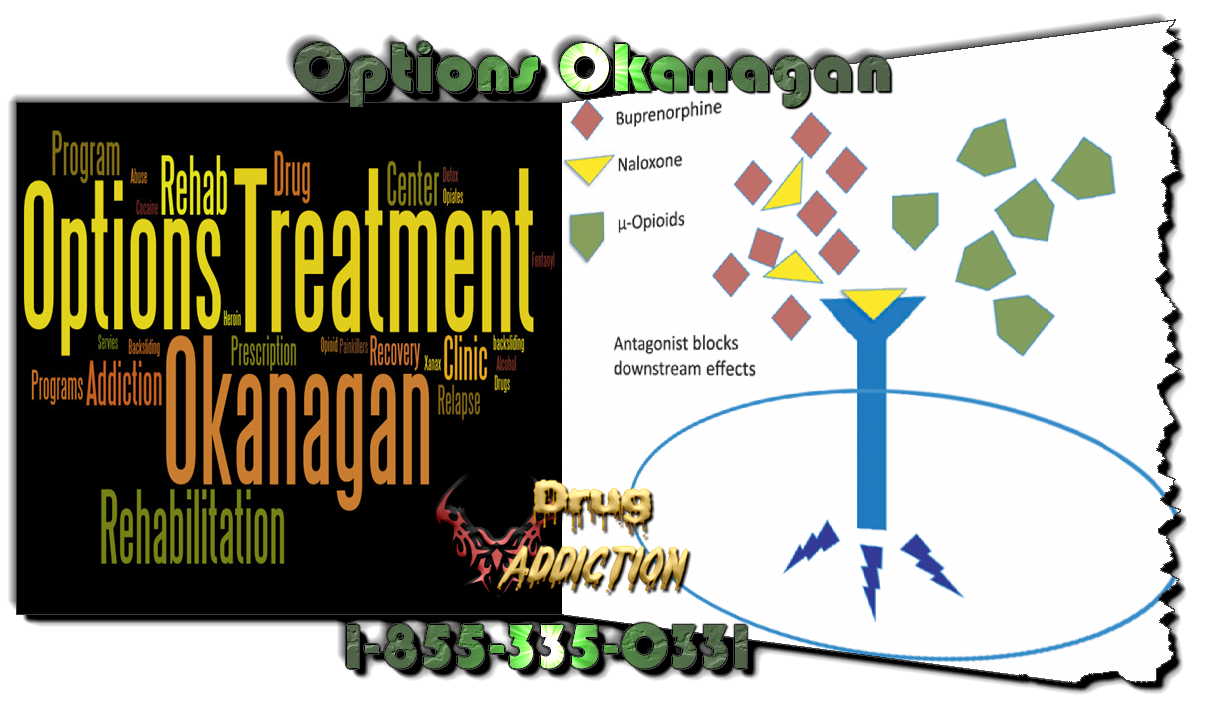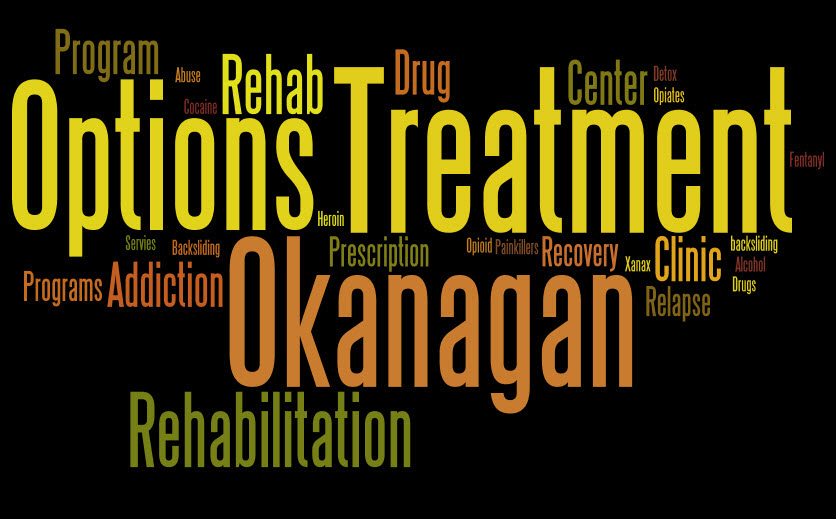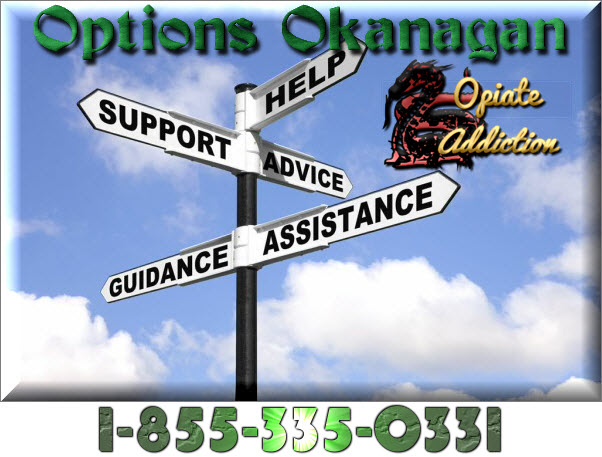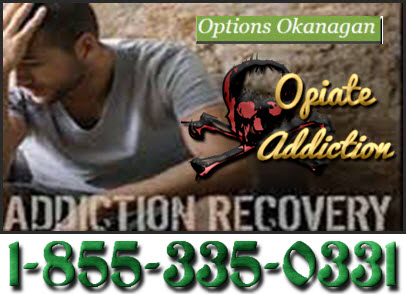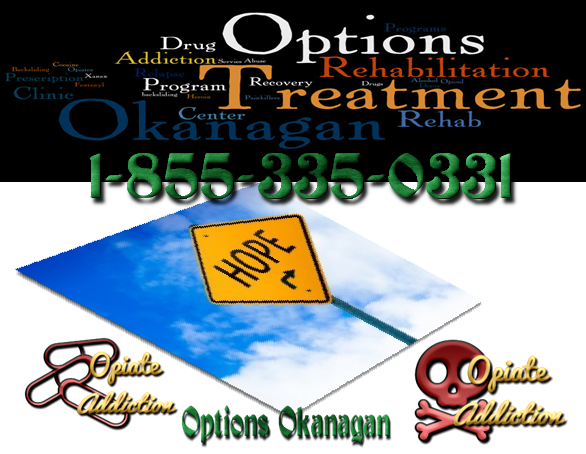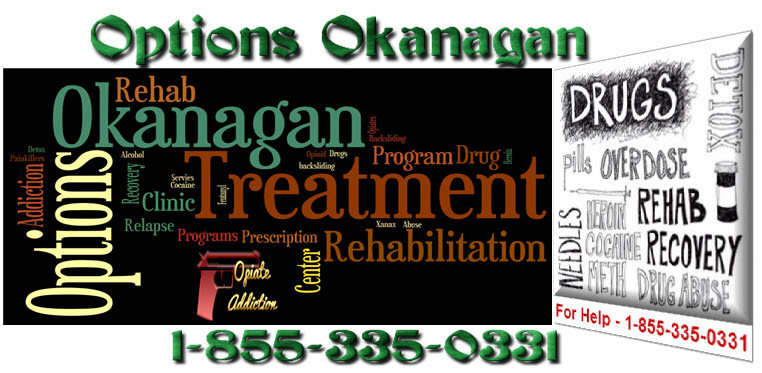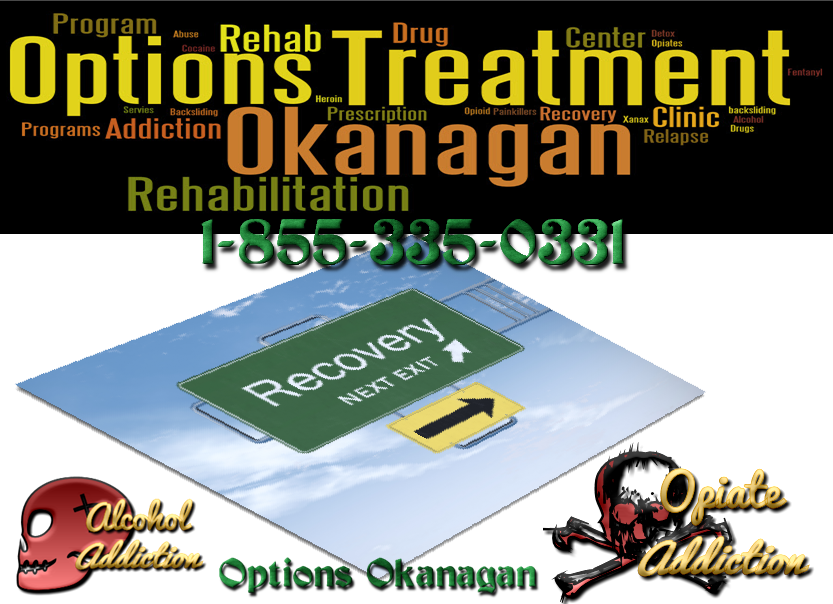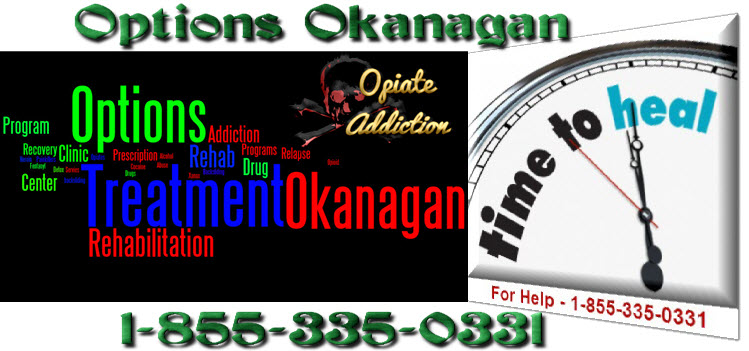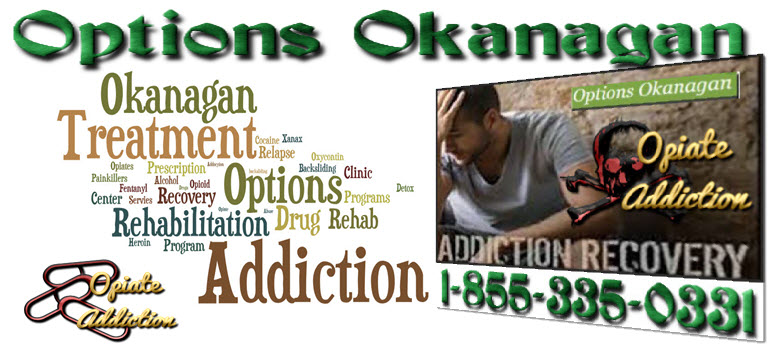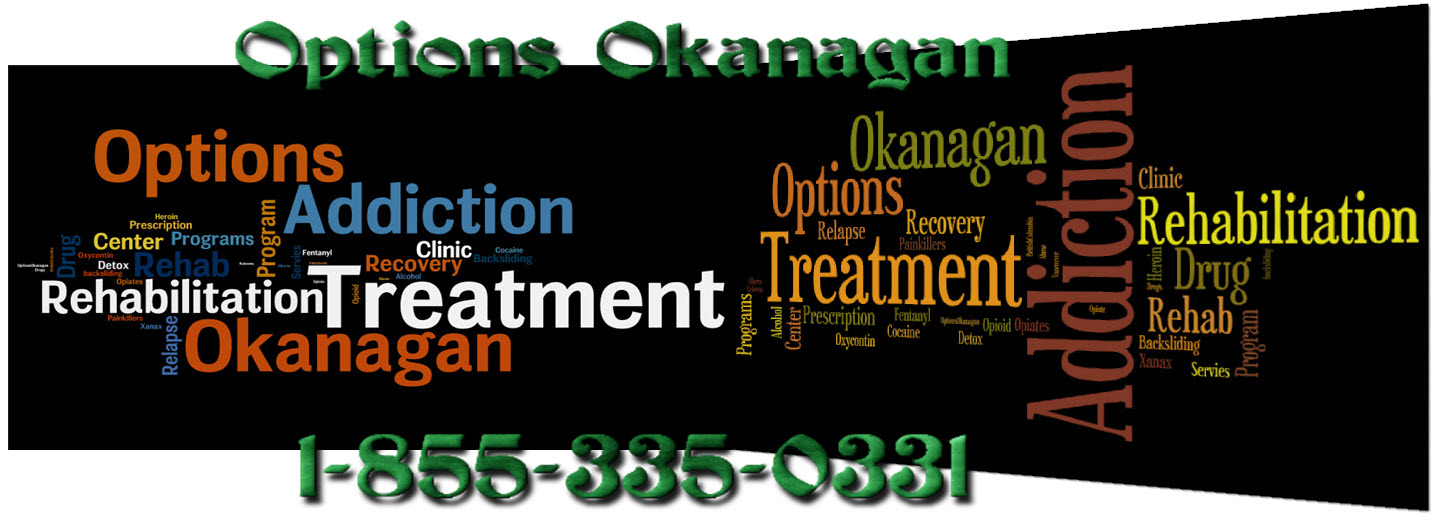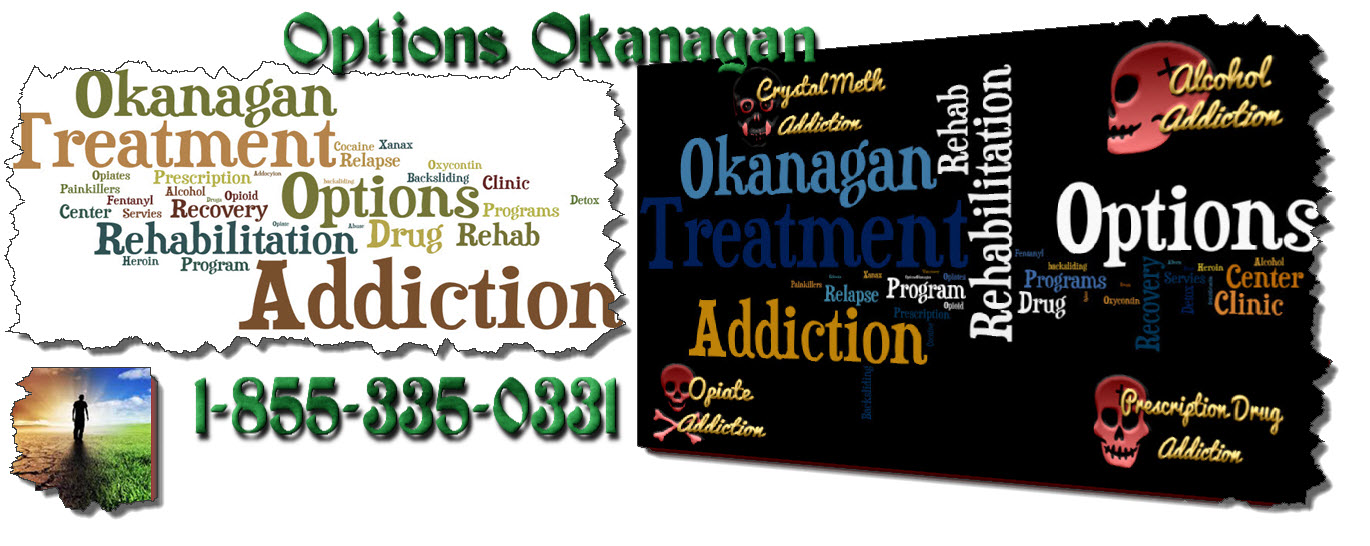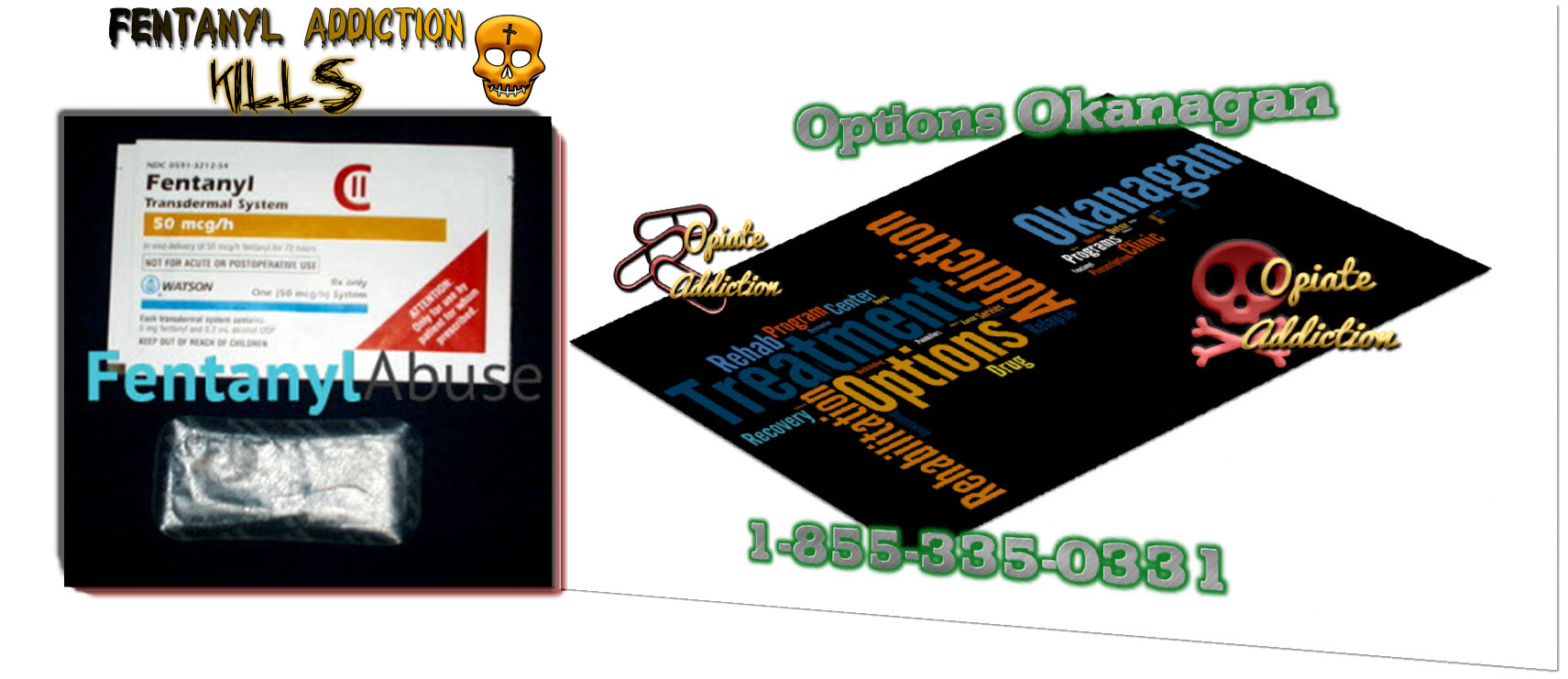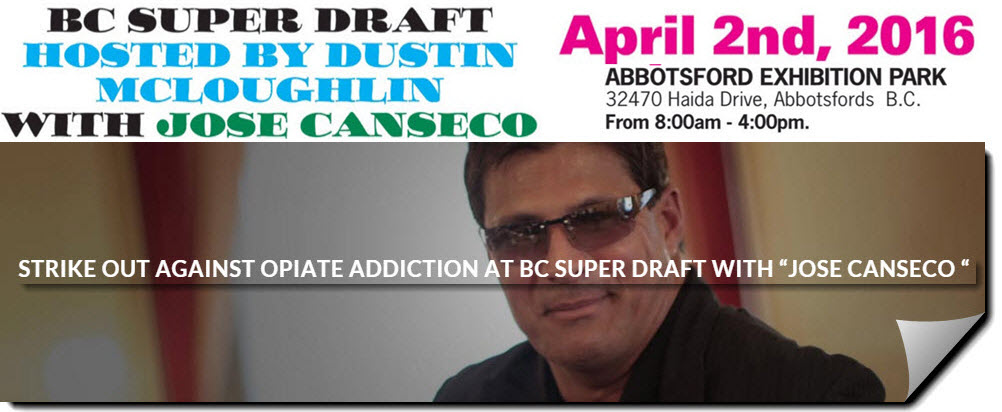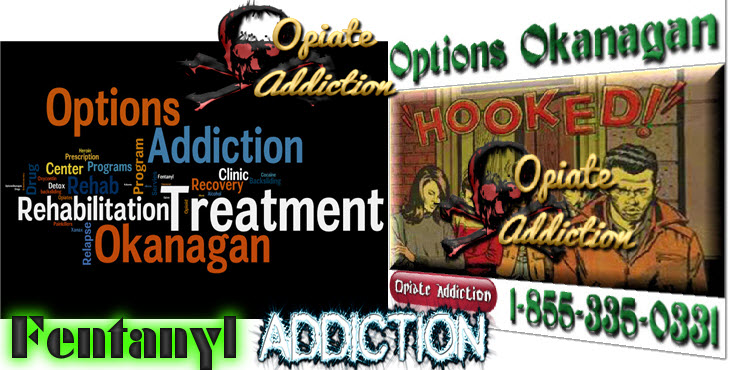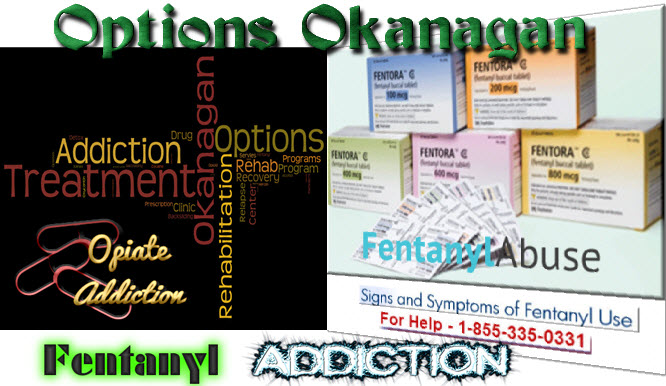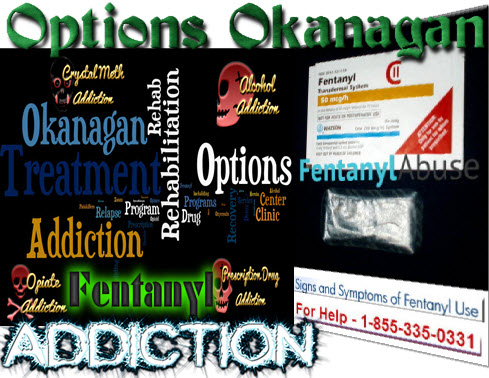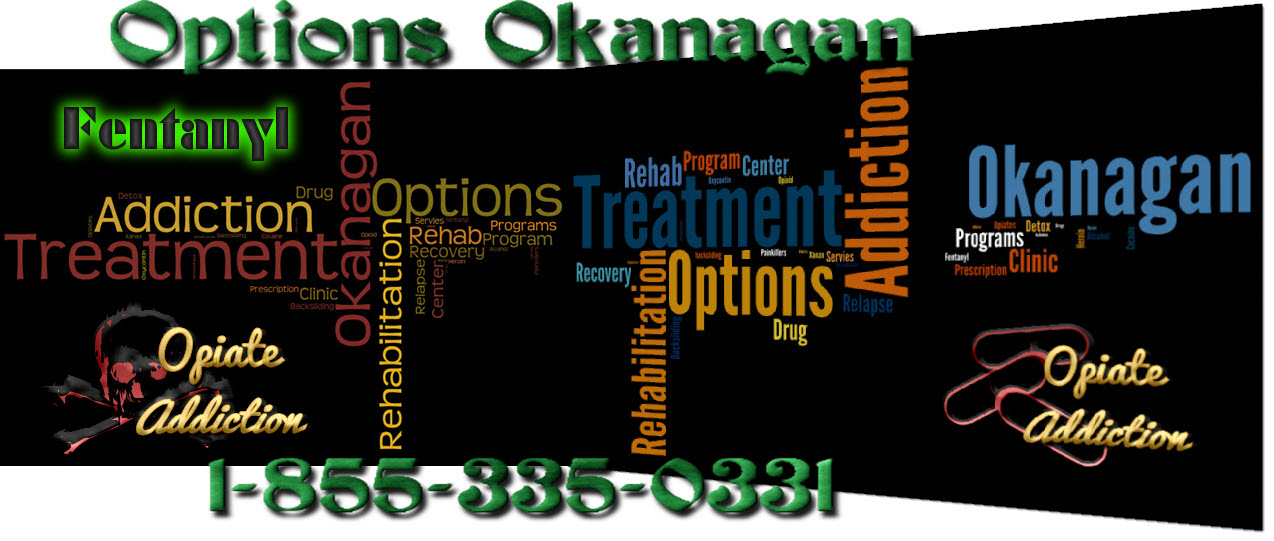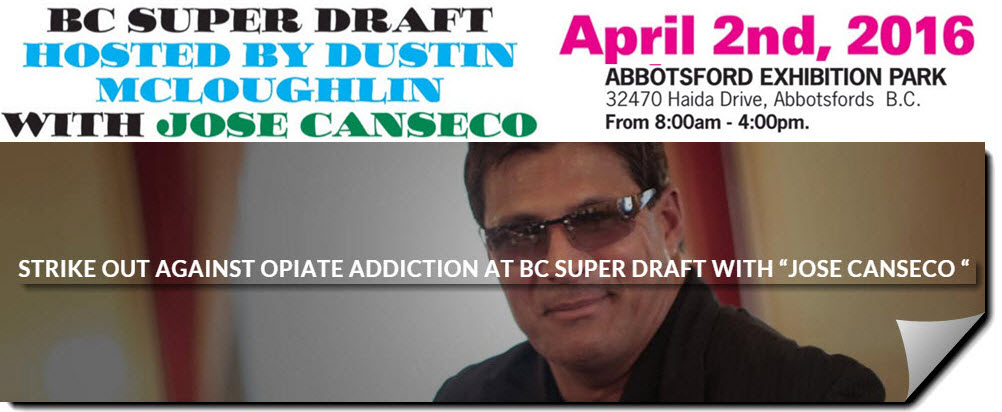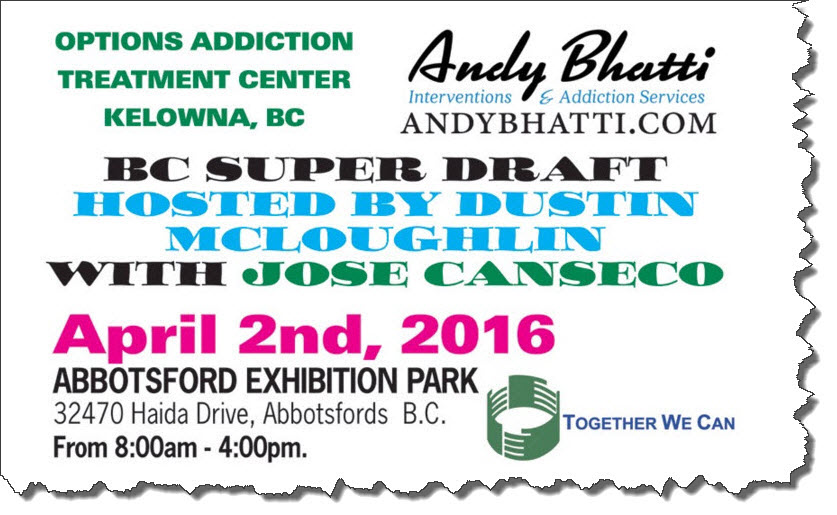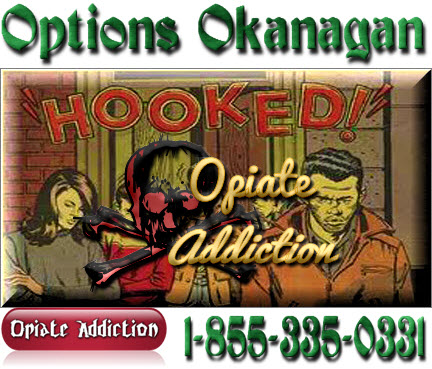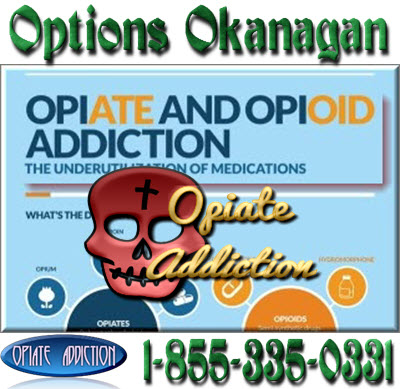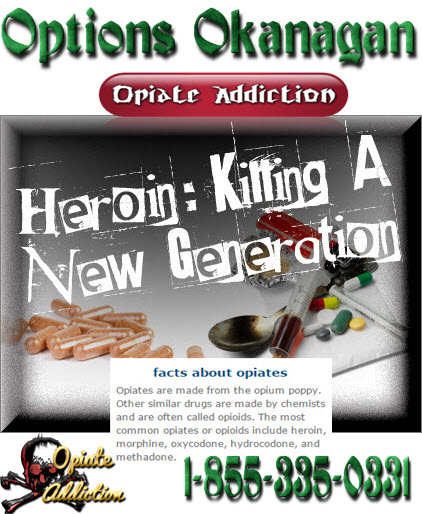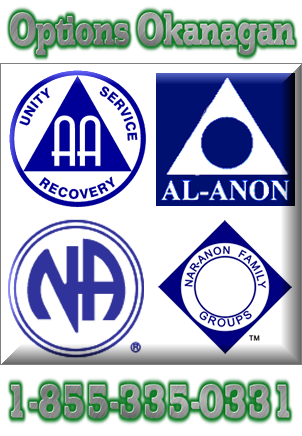How to know if you have a Painkiller Addiction if you live in Vancouver, Victoria, Kelowna or other areas of British Columbia. By Options Okanagan Treatment Center in Kelowna, British Columbia treating Opiate Painkiller Addiction and Recovery.
Many people make use of painkillers to manage their pains caused by various medical problems such as injuries, surgery and chronic ailments. Nonetheless, over 70 million Canadian and US citizens admit to taking this type of medication for non-medical purposes. There are symptoms which indicate an addiction to painkillers. These symptoms aren’t as obvious as the ones of other types of addictions, but if you know what to look for, you may be able to identify them in your friends or beloved ones. If you do, you should seek for specialized medical care.
Physical Symptoms That Indicate An Addiction To Painkilling Medication
The first and the easiest to disseminate sign of a painkiller addiction is miosis. This condition is characterized by the fact that the pupils don’t dilate, even in low light conditions. This is also known as “pinpoint pupils”. In addition, these addicts may develop blisters and a red rash, localized mainly on their elbows and knees. Moreover, their faces may show symptoms very similar to the ones caused by fever.
When the peak effect of the substance is attained, the addicts show an advance state of drowsiness. Their eyes become droopy, making the subjects doze off are yawn almost continuously. Since they are always tired, these people start to experience dark circles under their eyes. There are also cases of hallucinations and blackouts.
Addicts who miss their daily dose of substance experience withdrawal symptoms which resemble very much the flu ones. Such symptoms include nausea and vomiting, muscle aches and various digestive troubles. If a member of your family starts using the toilet multiple times a day, you should start suspecting a painkiller addiction.
Social Symptoms Of Painkiller Addiction
More often than not, drug addicts experience changes in their social behavior. The most important thing for these people becomes to be high, so they tend to neglect their daily routine. They give up their favorite hobbies, hide from their social circles, and isolate themselves in their room. They might drop their friendships in favor of spending time with other drug addicts.
Regular intake of painkillers may lead to an inability to focus and maintain a good motivation level. For these people, avoiding withdrawal symptoms becomes a life purpose, the result being that they overlook their responsibilities. Beware of sudden drops in work or school performance, as these are major warning signs.
Personality changes may also occur. Addicts may become defensive, as they try hard to hide their problem from their beloved ones.
Where To Seek For Addiction Treatment
Inpatient drug rehab is the best solution to these addiction problems. Medical guidance and care is required throughout the entire withdrawal period. If you need this type of help, you are welcome to contact the Options Okanagan Treatment Center at 1-855-335-0331.
Options Okanagan Opiate and Alcohol Treatment Centers in Kelowna, Salmon Arm and Vancouver, British Columbia – Men and Women are recovering and healing from Alcohol and Drug Abuse at our treatment center here in the Okanagan right now.
Our unique and distinctive Opiate Drug and Alcohol treatment program allows men and women to come in from Calgary as well as Edmonton as we offer airport pickup.
Numerous clients come to us from Vancouver, Calgary and Edmonton and other locations in Alberta and even other provinces for Opiate addiction treatment, painkiller drug treatment, many other drug and alcohol addictions for rehabilitation because of the uniqueness of our treatment center.
Our Treatment Location:
Options Okanagan Opiate and Painkiller Treatment Center
551 Sherrydale Crescent, Kelowna, British Columbia, V1V 2E6
Toll Free Phone Number : 1-855-335-0331

